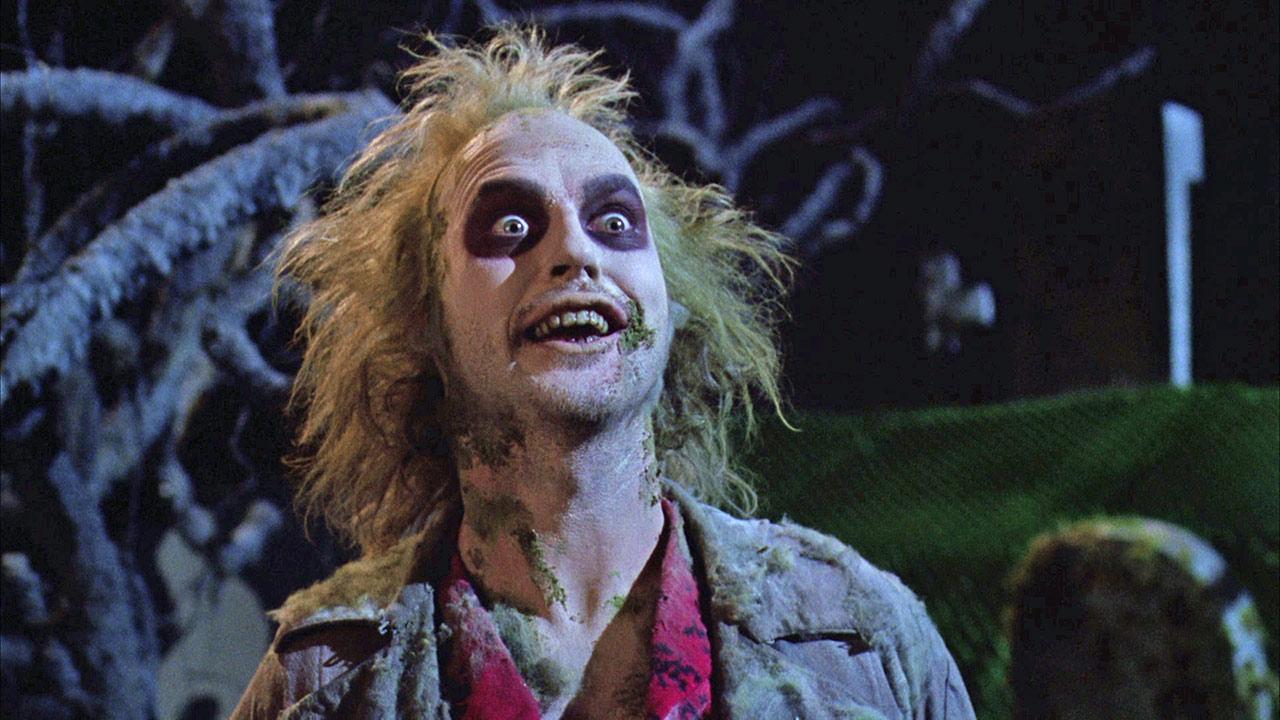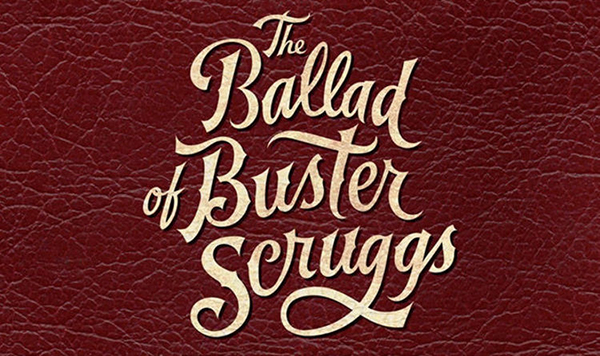“And the Lord said to me, ‘A conspiracy has been found among the inhabitants of Jerusalem. They have turned back to the iniquities of their forefathers who refused to hear My words, and they have gone after other gods to serve them; the house of Israel and the house of Judah have broken My covenant which I made with their fathers.’ Therefore thus says the Lord: ‘Behold, I will surely bring calamity on them which they will not be able to escape; and though they cry out to Me, I will not listen to them.’’”
— Jeremiah 11:9-11 NKJV [emphasis added]
“When the proletariat declares the dissolution of the hitherto existing world order, it merely declares the secret of its own existence, since it is in fact the dissolution of this order. When it demands the negation of private property, it is only laying down as a principle for society what society has laid down as a principle for the proletariat, what has already been incorporated in itself without its consent as the negative result of society.”
— Karl Marx, Critique of Hegel’s Philosophy of Right
“It is the task of the enlightened not only to ascend to learning and to see the good but to be willing to descend again to those prisoners and to share their troubles and their honors, whether they are worth having or not. And this they must do, even with the prospect of death.”
— Plato,The Republic (Book VII: The Allegory of the Cave) [emphasis added]
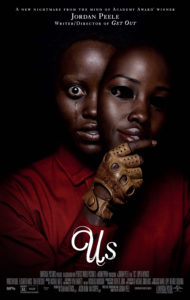 (There are spoilers within this review, but, as April Wolfe always says on Switchblade Sisters, it’s not what happens that matters, but how it happens.)
(There are spoilers within this review, but, as April Wolfe always says on Switchblade Sisters, it’s not what happens that matters, but how it happens.)
Shortly after Jordan Peele released his debut feature film, Get Out, in 2017, he announced that he had a whole slate of socially-conscious horror films in mind to follow it up. Two years later and we have Peele’s second full-length feature film which is every bit as dynamic in its commentary on American society as Get Out while leaning more heavily into traditional horror imagery than the former film did. However, the mark for Peele’s social dissection veers away a bit from race and enters into the murkier waters of class—something Americans have long insisted doesn’t exist in our country.
America has long touted itself as a “class”-less society—the irony of that descriptor is not lost under the current administration—but this understanding of the socio-economic breakdown of this country is naïve and is meant just as another consequential facet of the American mythos: rugged individualism and national exceptionalism. The British social structures our country’s founders rebelled against were saturated with issues of class and so the founders saw it fit to divest themselves of any similarities even if in just words alone. This is the country of the all-encompassing “middle class.” The upper class hide behind the title as they feed their money into inheritance and legacy and the poor strive to live according to its standards and demands often to their own detriment. Class is very much present in the US and Us.
The trailer for Us was pitch perfect, tonally, and plays up the film’s varied influences: it’s The Strangers meets Village of the Damned meets Night of the Living Dead. We are introduced to a black family, the Wilsons, on vacation who find themselves under siege by seemingly evil versions of themselves: doppelgängers from Hell. Perhaps quite literally in this instance, as we find out in the opening of the film that there are thousands of miles of underground tunnels that run through the United State due to abandoned mines, subways, etc. These doppelgängers were failed and neglected experiments by the government to control people. They live in these tunnels, seem to have little to nothing to their names except rabbit meat, and none of the luxuries of those who live above ground, including access to the sun. Their only tie to the privileged above ground is the “tether“ of their physical identities.
 It’s not by accident that Peele places these doppelgängers in spaces that would bring to mind some of the most popular images of what infamous boogeyman Karl Marx called “the proletariat,” or the working class. In Marx’s view, the “bourgeoisie” of society had time, luxury, and wealth, because the machinery of society was moved by the working class. The film’s imagery gives us a literal social ladder which the “Reds” (the doppelgängers wear red jumpsuits) can only dream of climbing up…until, that is, they find a leader who will guide them towards a true “Red scare.”
It’s not by accident that Peele places these doppelgängers in spaces that would bring to mind some of the most popular images of what infamous boogeyman Karl Marx called “the proletariat,” or the working class. In Marx’s view, the “bourgeoisie” of society had time, luxury, and wealth, because the machinery of society was moved by the working class. The film’s imagery gives us a literal social ladder which the “Reds” (the doppelgängers wear red jumpsuits) can only dream of climbing up…until, that is, they find a leader who will guide them towards a true “Red scare.”
Where Peele shines in his plotting of the story is how he is able to make an intimate story of a family suffocate under an approaching external national/global threat. Just like Daniel Kaluuya in Get Out, Lupita Nyong’o flexes her performance muscles with some of the creepiest acting I’ve seen in a long time. Winston Duke, Shahadi Wright Joseph, and Evan Alex are stunning as her family—and their look-alikes—but it’s hard to take one’s eyes off of Lupita. As we naturally side with this family in their struggle against themselves, we come to a revelation in the film that shifts everything. Adelaide (Nyong’o), as a child, was taken underground and made a captive by “Shadow Adelaide”—her doppelgänger—who proceeded to take her place and acclimate to the privilege of those above ground while ignoring the plight of her kin underneath. She grows up, gets married, and has kids while the real Adelaide, being tethered to her, marries the Shadow version of the same man and has Shadow versions of the same kids. One family lives a privileged life in the sun, the other lives a life of poverty below.
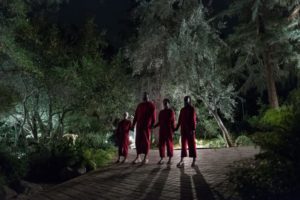 However, Shadow Adelaide has always felt that her “other” would find her, a fear that haunts her whole being, knowing what she had done all those years ago. What she didn’t plan on was the real Adelaide leading the whole race of disenfranchised doppelgängers above ground to dissolve the “existing world order.” They begin to “untether” from their privileged counterparts by dispatching them violently. They then incarnate into the imagery of commercial for “Hands Across America,” a nonprofit event for homelessness and hunger from 1986 that we see an advertisement for at the beginning of the film. The history behind this long forgotten event is one of relative failure. It raised $34 million, but only around half of it actually went to benefit the homeless and hungry after “overhead fees.” Much like the homelessness and hunger that plagues the lowest classes of society even to this day, this event became ignored and/or forgotten by our collective cultural consciousness. Real Adelaide recalled this commercial from her childhood and patterned her revolt after it without knowing its end result; leaving the success of the revolt in question, especially in the wake of their leader’s ultimate demise. Meanwhile, as Shadow Adelaide drives away with her family intact, we, too, are left in the tension of how this will change anything. As the screen goes black, we are still left with them and us with no hope of definite hope of resolution.
However, Shadow Adelaide has always felt that her “other” would find her, a fear that haunts her whole being, knowing what she had done all those years ago. What she didn’t plan on was the real Adelaide leading the whole race of disenfranchised doppelgängers above ground to dissolve the “existing world order.” They begin to “untether” from their privileged counterparts by dispatching them violently. They then incarnate into the imagery of commercial for “Hands Across America,” a nonprofit event for homelessness and hunger from 1986 that we see an advertisement for at the beginning of the film. The history behind this long forgotten event is one of relative failure. It raised $34 million, but only around half of it actually went to benefit the homeless and hungry after “overhead fees.” Much like the homelessness and hunger that plagues the lowest classes of society even to this day, this event became ignored and/or forgotten by our collective cultural consciousness. Real Adelaide recalled this commercial from her childhood and patterned her revolt after it without knowing its end result; leaving the success of the revolt in question, especially in the wake of their leader’s ultimate demise. Meanwhile, as Shadow Adelaide drives away with her family intact, we, too, are left in the tension of how this will change anything. As the screen goes black, we are still left with them and us with no hope of definite hope of resolution.
Plato’s cave allegory has stuck with me since college because of the action of the one who found their way out of the cave, then descended back down again to free the others from the pale shadow of reality they began to believe was enough for them, bringing them into the light of the sunshine. This is perhaps an image of the greatest moral good that all people—most 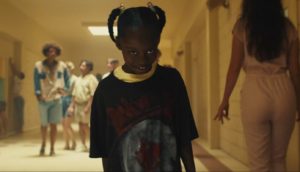 especially Christians, in light of our being “tethered” to Christ—should aim to achieve. Set the captives free, “even with the prospect of death.” The consequence of willfully ignoring the plight of the disenfranchised, the widow, the orphan, the sojourner, the hungry, the homeless, the worker, is, in the words of Jeremiah, “calamity.” It’s the natural consequence of the breaking of the covenant that binds us to God’s mercy and justice.
especially Christians, in light of our being “tethered” to Christ—should aim to achieve. Set the captives free, “even with the prospect of death.” The consequence of willfully ignoring the plight of the disenfranchised, the widow, the orphan, the sojourner, the hungry, the homeless, the worker, is, in the words of Jeremiah, “calamity.” It’s the natural consequence of the breaking of the covenant that binds us to God’s mercy and justice.
For those on the right side of the aisle: when will they recognize that characterizations of non-white people are based on naive and monolithic stereotypes that dishonor their God-given Imago Dei? That systems built by those in power are at fault for not working, not the people who attempt to use them lawfully, but still come up short? And how do we become unified as a nation without using fear of the “other” as the basis for that unity?
For those on the left side of the aisle: when will they recognize that, historically-speaking, the oppressed often become the oppressor when they come into power? That those people who do rise above their socio-economic standing have no ethical/moral groundwork in which to reject privileged complacency in order to bring their peers along with them instead of leaving them behind? And how do they call out injustice without “othering” their opponents?
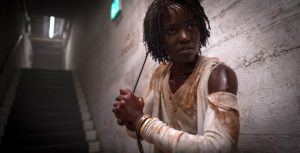 These are just some of the questions that Us leaves us with by the end of its runtime. It’s the tension of humanity. There are none righteous, no, not one. When we look at our “other”—or our “enemies,” as they are called in the scriptures—we are not told to fear them, neglect them, “consume” them into our ranks, kill them, etc., but to love them with truth and grace. Tension, again. Compassion falls from an honest reckoning with ourselves, our sins, failures, our part in the broken systems we create, sustain, and the gains we have because of the system’s oppression of others. Compassion and moral good comes when we look at them and see us. As Jason says to his father, when you have a finger pointing at someone else, you have three more pointing right back at you. This is wisdom that all sides of every conceivable aisle should heed.
These are just some of the questions that Us leaves us with by the end of its runtime. It’s the tension of humanity. There are none righteous, no, not one. When we look at our “other”—or our “enemies,” as they are called in the scriptures—we are not told to fear them, neglect them, “consume” them into our ranks, kill them, etc., but to love them with truth and grace. Tension, again. Compassion falls from an honest reckoning with ourselves, our sins, failures, our part in the broken systems we create, sustain, and the gains we have because of the system’s oppression of others. Compassion and moral good comes when we look at them and see us. As Jason says to his father, when you have a finger pointing at someone else, you have three more pointing right back at you. This is wisdom that all sides of every conceivable aisle should heed.

